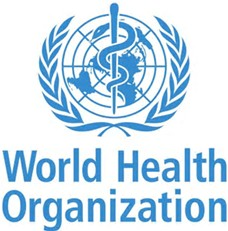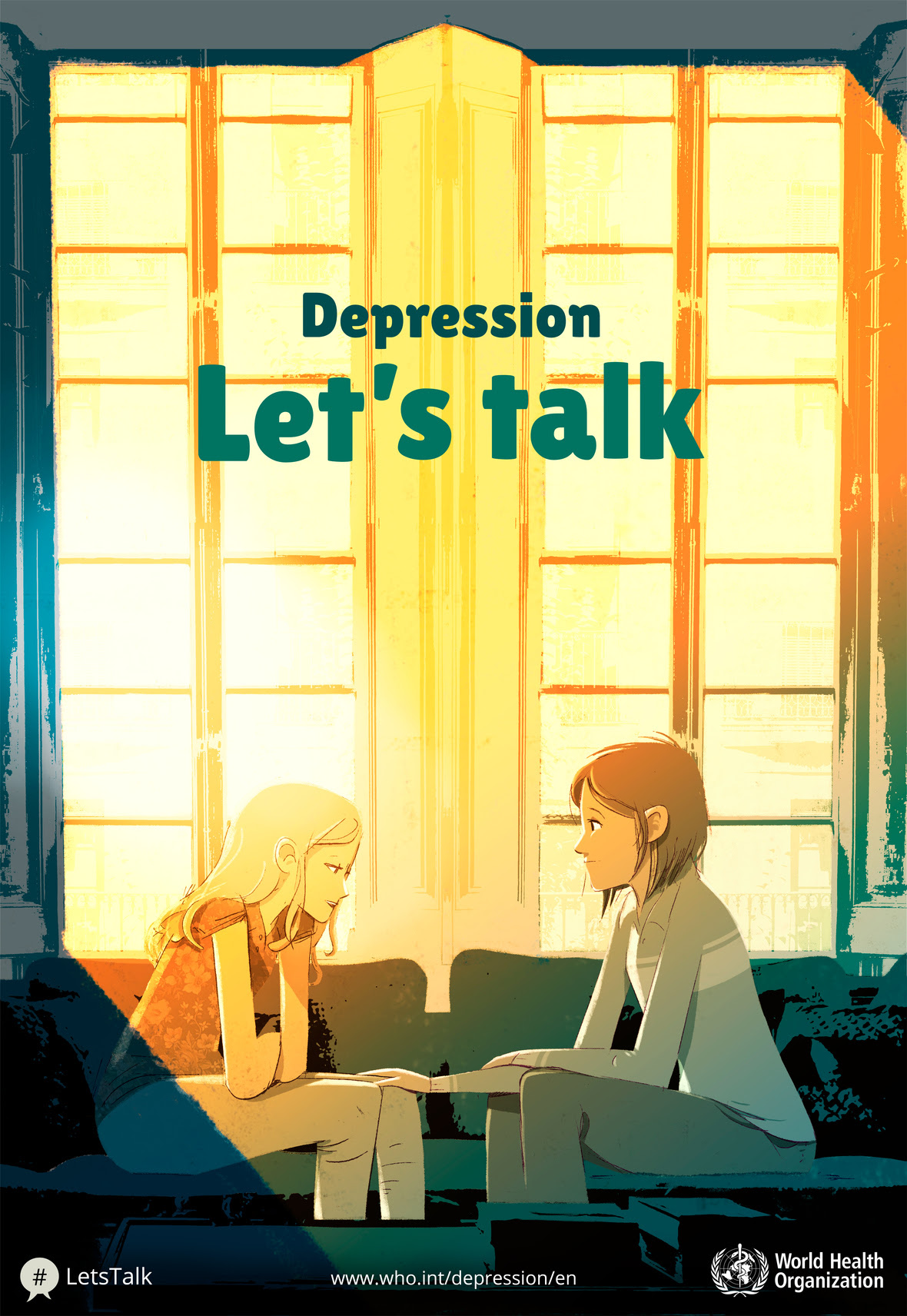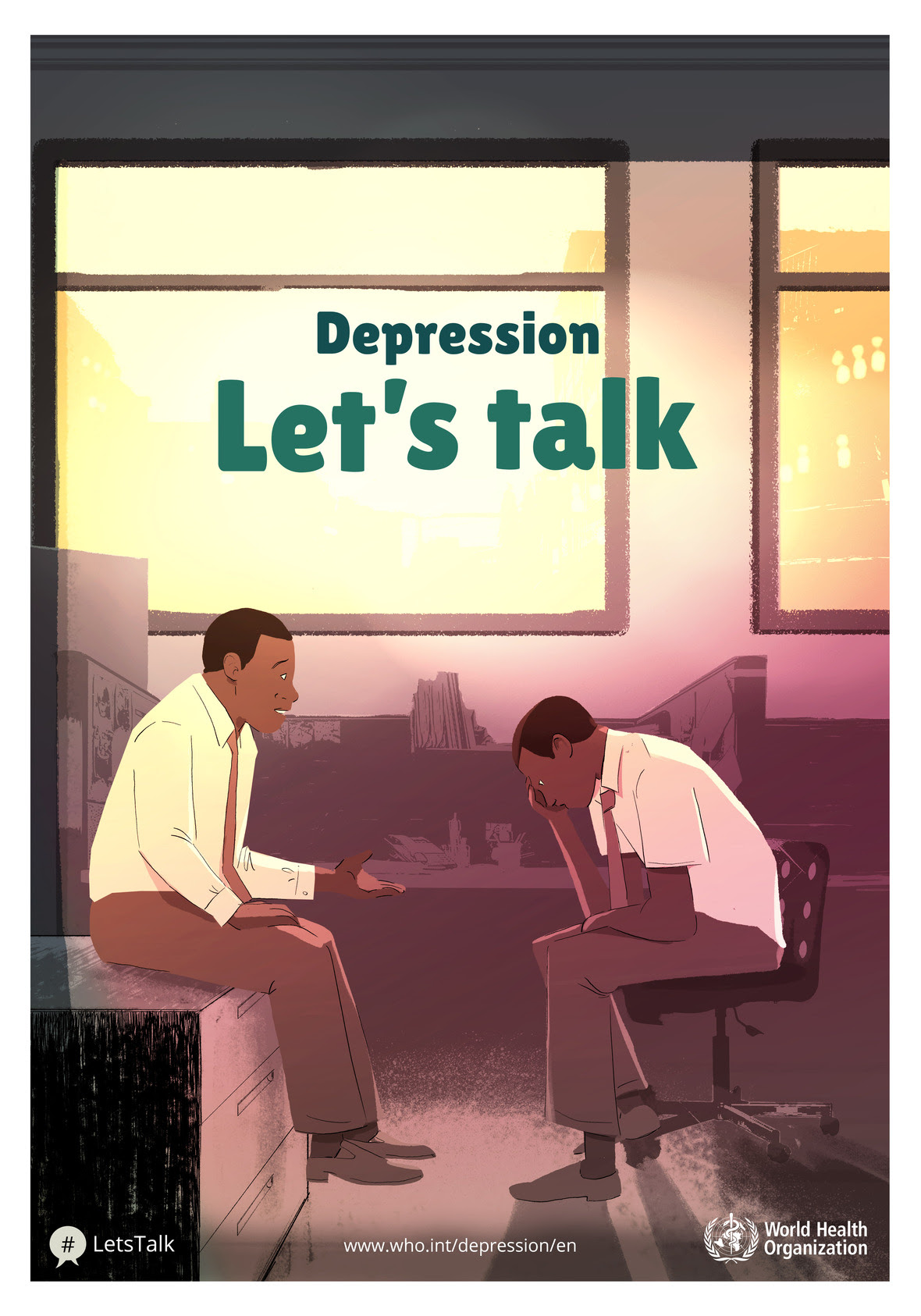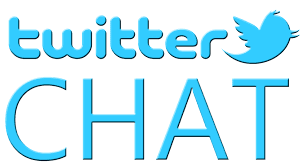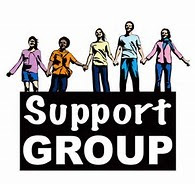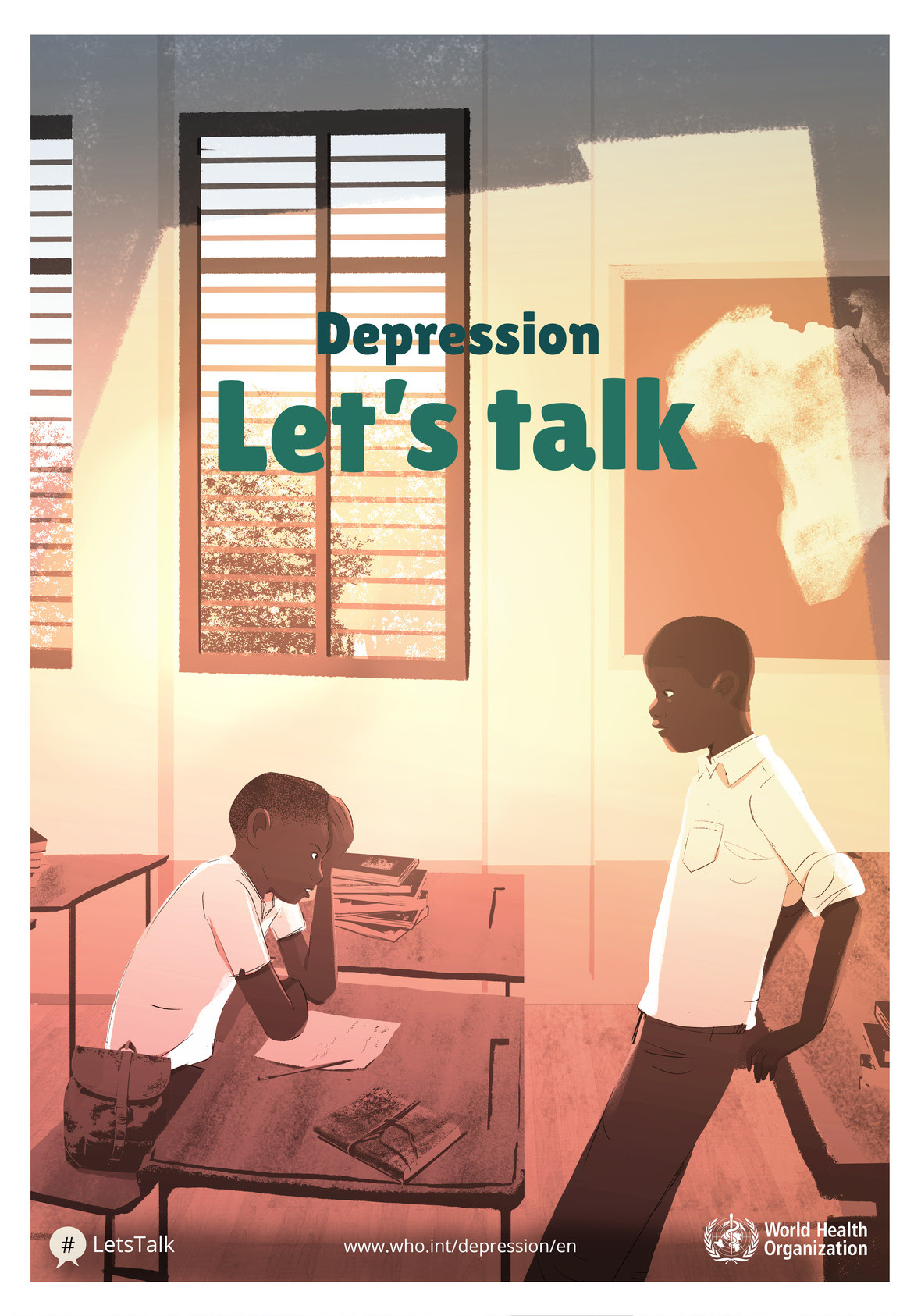Tobacco use is a threat to any person, regardless of gender, age, and race, cultural or educational background that causes over 18 types of cancer, and accounts for over 20% of cancer deaths worldwide. CANSA advocates stopping the use of any and all tobacco products.
Tobacco can be found in many forms, and all tobacco use is harmful. “People only think of cigarette smoking when you talk about tobacco, but it goes beyond that. They need to be aware that hubbly bubbly and e-cigarettes are just as harmful to your health and the health of those around you. It’s not just the smoker who has increased risk of disease, but also people exposed to second-hand smoke,” says CANSA Health Specialist, Prof Michael Herbst.
Tobacco Products Expensive
On top of the health implications, tobacco products are getting more expensive and are creating a huge negative impact on the economy.

“The tobacco industry produces and markets products that kill millions of people prematurely, rob households of finances that could have been used for food and education, and impose immense healthcare costs on families, communities and countries,” says Dr Oleg Chestnov, World Health Organisation’s (WHO) Assistant Director-General for Non-communicable Diseases (NCDs) and Mental Health.
“There is so much more you can do with an average R30 a day, instead of buying a pack of cigarettes. Have you thought about that? Giving up smoking one pack a day, will free up close to R1 000 a month, which can be used in better ways than harming your health, and the health of those around you. The financial impact is huge,” adds Herbst.

Hookah, or hubbly bubbly use is especially concerning among the youth. The tobacco is no less toxic in a hookah pipe and the water in the hookah does not filter out the toxic ingredients in the tobacco smoke. Hookah smokers may actually inhale more tobacco smoke than cigarette smokers do, because of the large volume of smoke they inhale in one smoking session. In South Africa, hubbly and their related tobacco products, fall under the definition of ‘tobacco product’ as indicated in the Tobacco Products Control Amendment Act (2007). This means that its use and sale have to comply with the regulations that apply to a tobacco product in the country. This includes the prohibition of the sale of hookahs and their products to anyone under the age of eighteen.
“Electronic cigarettes and similar devices are frequently marketed as aids to quit smoking, or as healthier alternatives to tobacco. This has not been proven, and e-cigarettes are not a better alternative to cigarettes. They still contain harmful chemicals, and it’s rather recommended to quit smoking by proven treatments. CANSA has a e-Kick Butt programme, which assists with quitting smoking (www.ekickbutt.org.za),” continues Herbst.
Know the law – it’s Your Right to a Smoke-free World
CANSA has played a significant role in contributing to tobacco control legislation in South Africa. Every person should be able to breathe tobacco-smoke-free air. Smoke-free laws protect the health of non-smokers. Report offenses here…
- Legislation is very clear about where people may smoke and where smoking is prohibited
- It’s your right to complain when someone smokes in your presence
- It’s also your right to take remedial steps if someone smokes in any area where smoking is prohibited
- Adults may not smoke in a car when a passenger under 12 years is present
- Smoking is not allowed in premises (including private homes) used for commercial childcare activities, such as crèches, or for schooling or tutoring
- No person under 18 may be allowed into a designated smoking area
- No smoking in partially enclosed public places such as balconies, covered patios, verandas, walkways, parking areas, etc.
- The fine for the owner of a restaurant, pub, bar and workplace that breaks the smoking law is a maximum of R50 000 and for the individual smoker R500
- The tobacco industry can no longer use ‘viral’ marketing like parties to target young people
- The sale of tobacco products to and by persons under the age of 18 years is prohibited
- Cigarette vending machines that sell tobacco products cannot be used to sell other products like crisps, chocolates etc.
Download all the materials and infographics here


Dialogue Meetings
First pre-Dialogue stakeholder meeting on NCDs and youth during the International Federation of Medical Students’ Association (IFMSA) General Assembly, Budva, Montenegro

2-8 March – The International Federation of Medical Students’ Association (IFMSA) hosted a pre-Dialogue caucus meeting on NCDs and youth. The meeting was held during the IFMSA General Assembly that was held in Budva, Montenegro this year. The event engaged medical students from all parts of the world to increase awareness and encourage advocacy and meaningful youth participation at all levels of society on NCDs. It focused on NCDs as a global burden and the role of medical education and medical students to be prepared to tackle NCDs in the SDG era. The NCD Youth Caucus is a pre-Dialogue stakeholder meeting leading up to the Global Dialogue meeting organized by WHO and hosted by the Government of Uruguay on 18-20 October 2017 in Montevideo.
One result of the NCD Youth Caucus was the Budva Youth Declaration: A Call to Action on Noncommunicable Diseases. The main call to action of the declaration is to increase financial investments to address NCDs in order to curb the economic and social impact of these diseases and to strengthen the curriculum to increase the preparedness for medical students to become future responders of the NCDs through public health measures in a multisectoral and multistakeholder environment.
More information

Ministries of Health throughout the Caribbean have committed to improve cervical cancer prevention and control. The Healthy Caribbean Coalition (HCC) is an NCD alliance that works with national governments and Cancer Societies throughout the region. In Belize and Jamaica, where the Ministry of Health provides cervical cancer screening in primary care centres, the HCC has initiated projects with local NGOs on cervical cancer prevention amongst vulnerable, disadvantaged women. These initiatives were initially financed by an Australian Direct Aid Programme but following their success have also received funding from UNESCO. This strengthened the capacity of civil society organizations in both countries, thereby extending the reach of public health services and improving access for the earlier detection of cervical cancer.
This photo was taken in the context of the WHO Global Coordination Mechanism on NCDs (WHO GCM/NCD) Dialogue on mobilizing international cooperation on NCDs, held on Monday 30 November and Tuesday 1 December 2015. It is part of a series of photographs exhibit existing efforts to combat cardiovascular diseases, cancers, chronic respiratory diseases, diabetes and their risk factors through the framework of North-South, South-South, and triangular cooperation. The stories are drawn from across three of the WHO regions and demonstrate the diversity of possible tools and resources available to tackle NCDs.
For more information please visit: http://who.int/ncds/gcm/en
Communities of Practice
NCDs and the Next Generation
The first virtual discussion conducted on the WHO GCM/NCD Community of Practice (CoP) on ‘NCDs and the Next Generation’ was held between 14 and 15 March 2017. Over 100 members signed-up, spanning 35 countries and territories, and encompassing all six WHO regions. Participants included members of civil society, academics, researchers, doctors, medical students, patients and other stakeholders interested in generating collaborative discussion and action toward 2018 focused on engaging the emerging and future leaders in health.
The next virtual discussion is being held between 6 and 7 April 2017 to coincide with the World Congress on Public Health. A summary of the first discussion will be shared during this discussion and the following three themes will be addressed moving forward:
- Communication: how to communicate effectively about NCDs; communication as a tool to beat NCDs; and current NCD campaign models,
- CoP action plan (outcome document): what are our expectations for this document? Ideas include a timeline leading up to 2018, calls to action, advocacy tools, a background to NCDs and UN processes, and the different roles of actors,
- The perception of youth: challenges and opportunities in intergenerational collaboration to beat NCDs.
Register your interest here to participate in the discussion and join a closed network of individuals with professional/academic experience, expertise in volunteering, or advocacy for the right to protection from NCDs and their risk factors.
More information on the WHO GCM/NCD Communities of Practice
Register to become a member of the Community of Practice
NCDs and me – Join the campaign by sharing your story
News and Events

GCM/NCD at the UN Commission on the Status of Women, New York
21 March – The 61st Commission on the Status of Women at the United Nations in New York hosted an interactive panel discussion, “Expanding women’s and adolescents’ health: Integrating noncommunicable diseases through a lifecourse approach”.
The event was organized and co-sponsored by the WHO Global Coordination Mechanism on NCD, Colombia, Japan, Zambia, Every Woman Every Child, UNICEF, NCD Child, Conference of NGOs in consultative relationship with the UN (CoNGO), and the Taskforce on Women and NCDs. The event was well attended with approximately 120 participants. The distinguished speakers included the First Lady of the Republic of Zambia, and the Ambassadors to the UN in New York of Colombia and Japan.
More information on the side event
CSW 61 Statement delivered on behalf of WHO

Seminar on human rights at the 8th meeting of the UN Interagency Task Force
20 February – The GCM/NCD co-organized a seminar on noncommunicable diseases and human rights with the United Nations Interagency Task Force that was held on 20 February 2017 at the United Nations High Commissioner for Refugees (UNHCR) before the start of the 8th meeting of the UN Interagency Task Force 21-23 February 2017.
The seminar explored how human rights are relevant to the response to NCDs and highlighted areas where action may be needed with a view to facilitating the development of more specific guidance on how human rights may be more integrated into the response to NCDs and the development of more specific guidance for UN agencies.

More information and background documents here
Save the Date – Informal Breakfast for Participants: How the WHO GCM/NCD adds value now and in the future, Seventieth World Health Assembly
The WHO GCM/NCD is hosting an informal breakfast in the margins of the 70th World Health Assembly on Thursday, 25 May 2017. The breakfast will convene various stakeholders and participants of the Mechanism from Member States, NGOs, the United Nations, Philanthropy, the Private Sector and Academia.
Collectively with Dr Bente Mikkelsen, Head of the Secretariat for the GCM/NCD, participants and selected key note speakers will respond to the added value of the GCM/NCD now and in the future. They will also reflect on the renewed strategic focus necessary to ensure the GCM/NCD can be utilised to its fullest potential towards achieving the targets outlined by the Global NCD Action Plan 2013–2020 and Goal 3.4 of the Sustainable Development Agenda.
The breakfast will be held between 7.00 and 8.45 at the Restaurant of the International Committee of the Red Cross (ICRC).
For more information please note the official Save the Date with invitations to follow.
RSVP via the following link











